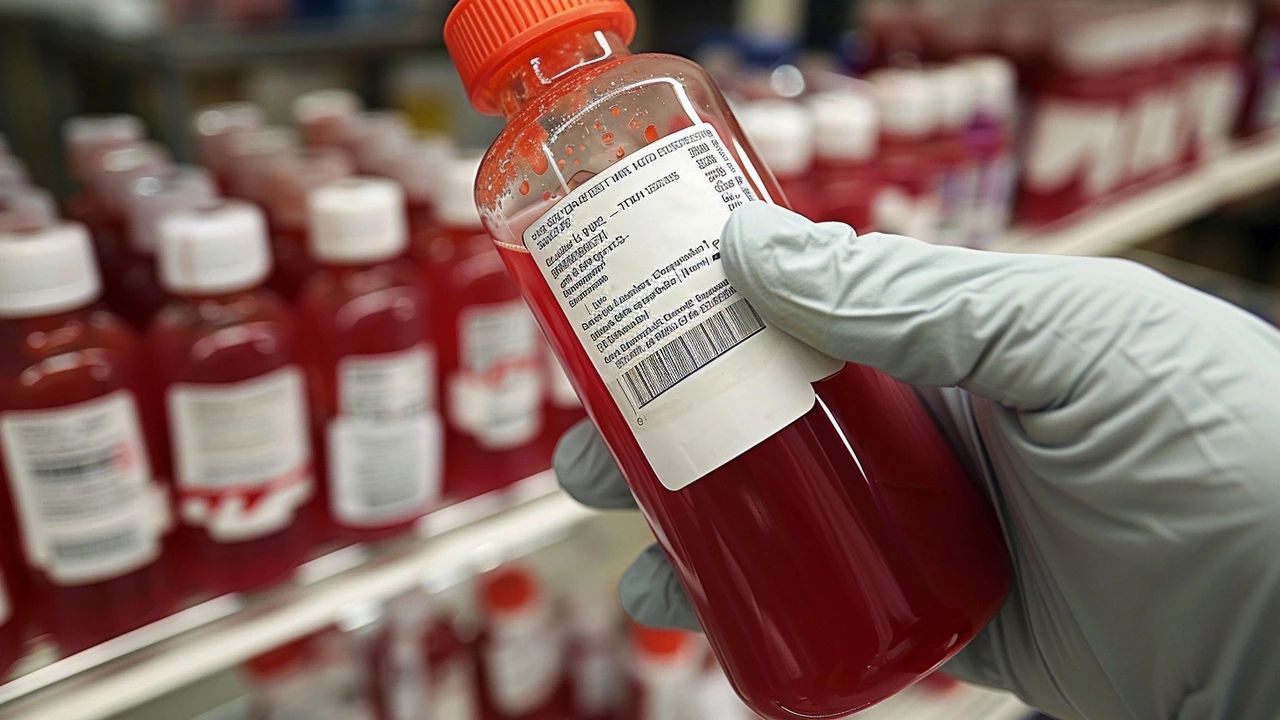Infected Blood: How It Happens and Why It Matters
Infected blood is blood that contains harmful pathogens like viruses or bacteria. When contaminated blood gets into your body—often through transfusions, needle sharing, or medical procedures—it can cause serious infections. The most common infections linked to infected blood include HIV, hepatitis B, and hepatitis C. Knowing the risks helps you stay safe and make smarter health choices.
Unfortunately, infected blood can enter the body without any immediate signs. This makes it tricky, as people might not realize they’re exposed. That’s why screening blood supplies and using sterile equipment is crucial in hospitals and blood donation centers. If these safety steps slip, infections can spread quickly among patients needing transfusions or treatments.
How Does Blood Get Infected?
Blood becomes infected when a person carries viruses or bacteria in their bloodstream that can contaminate blood products. This mostly happens when donors have undiagnosed infections or risky behaviors. Sharing needles or exposure to unsterilized instruments also increases the chance of infection. In some areas, poor screening systems and lack of resources raise risks for infected blood transfusions, leading to outbreaks of diseases.
One surprising fact is that some infections can transmit even if the blood looks normal. Viral loads might be too low to notice but enough to infect recipients. This is why thorough blood screening is the frontline defense. Medical professionals rely on rigorous tests to spot infections early and discard unsafe blood before it’s used.
Protecting Yourself from Infected Blood
If you ever need a blood transfusion, make sure the medical facility follows strict safety protocols. Ask if they test all blood donations, and confirm sterile equipment is always used. If you’re someone who uses needles—for any reason—never share them and always use new, sealed ones. Being careful not only guards your health but also helps prevent wider spread of infections.
Vaccinations, like those for hepatitis B, add another layer of safety. Being informed about your health status and getting tested regularly if you’re at risk can catch infections early. If you suspect exposure to infected blood, seek medical attention immediately. Early treatment improves outcomes and stops infections from worsening.
In short, infected blood is a serious health issue, but it’s manageable with the right precautions. Understanding how infections spread and staying vigilant saves lives. You don’t have to live in fear, but knowing the facts lets you protect yourself and your loved ones.

UK's Infected Blood Scandal: The Grim Tale of NHS's Deadliest Crisis
The UK's final report on its deadliest NHS scandal reveals the devastating impact of contaminated blood transfusions in the 1970s and 1980s, resulting in over 3,000 deaths and 30,000 infections. Prime Minister Rishi Sunak apologizes and promises substantial compensation exceeding 10 billion pounds.